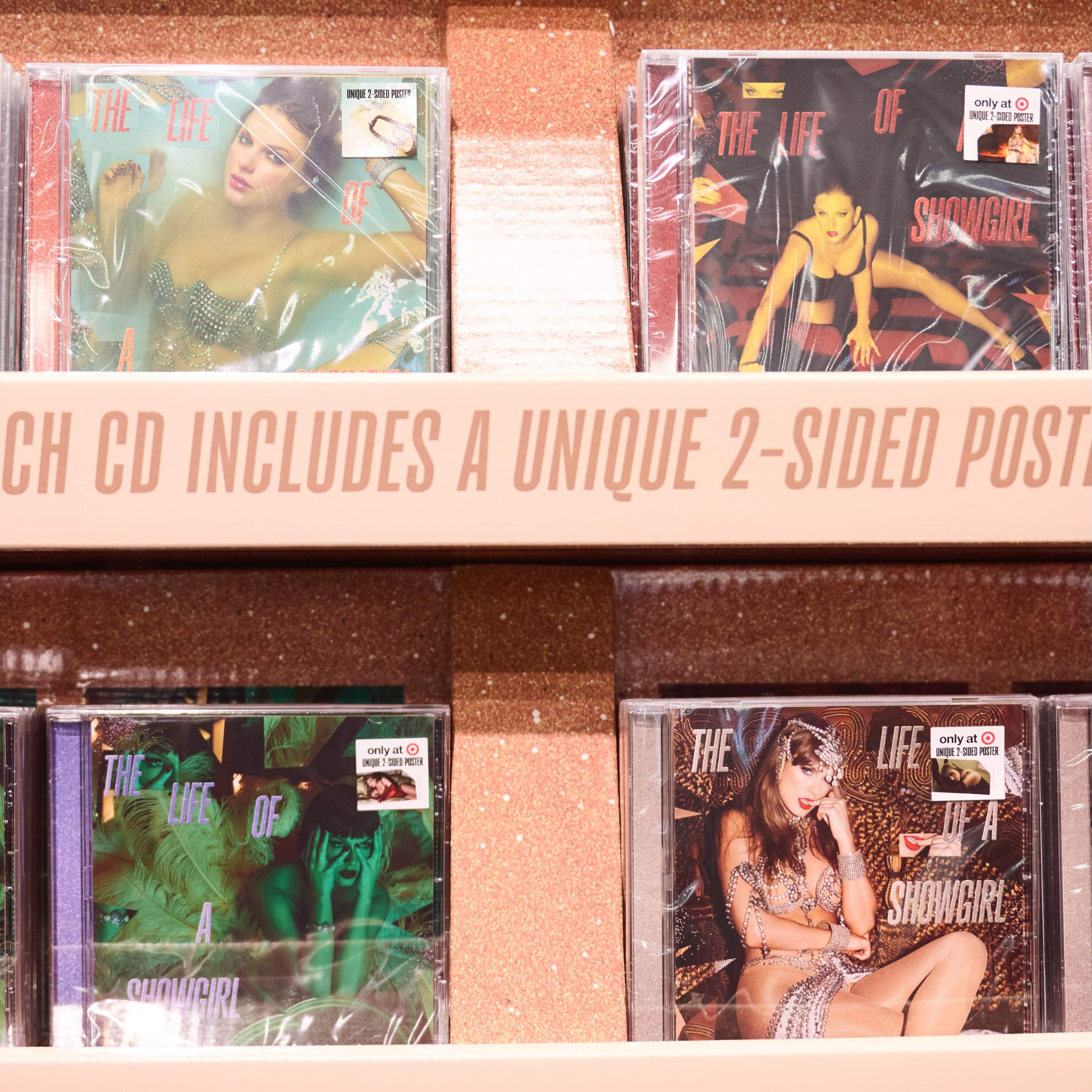Should the fine have to fit the crime?
The U.S. Constitution famously outlaws “cruel and unusual punishments.” But there's another, far more obscure part of the Constitution called the Excessive Fines Clause, which basically says that the fine has to fit the crime. So far, the Supreme Court has been pretty mysterious about what that means. But for Ken Jouppi, the fate of his $95,000 plane hinges on it.
Ken is a bush pilot. He used to run an air taxi service in Fairbanks, Alaska. In 2012, police caught one of Ken’s passengers with a six-pack of Budweiser in her luggage. Over that six-pack, Ken was convicted of bootlegging. As punishment, he was ordered to forfeit his $95,000 Cessna.
The Supreme Court is now considering whether to take Ken’s case. And what’s at stake here is more than just a plane. Hanging in the balance is an increasingly popular — and controversial — business model for criminal justice.
More on economics and the law:
- Fine and punishment
- The prisoner's solution
- Paying for the crime
- Rescues at sea, and how to make a fortune
Pre-order the Planet Money book and get a free gift. / Subscribe to Planet Money+
Listen free: Apple Podcasts, Spotify, the NPR app or anywhere you get podcasts.
Facebook / Instagram / TikTok / Our weekly Newsletter.
Today’s episode was produced by James Sneed and Sam Yellowhorse Kesler with help from Luis Gallo. It was edited by Jess Jiang, fact-checked by Sierra Juarez and engineered by Ko Tagasugi Chernovin with help from Robert Rodriguez. Planet Money's executive producer is Alex Goldmark.
Learn more about sponsor message choices: podcastchoices.com/adchoices
NPR Privacy Policy
Ken is a bush pilot. He used to run an air taxi service in Fairbanks, Alaska. In 2012, police caught one of Ken’s passengers with a six-pack of Budweiser in her luggage. Over that six-pack, Ken was convicted of bootlegging. As punishment, he was ordered to forfeit his $95,000 Cessna.
The Supreme Court is now considering whether to take Ken’s case. And what’s at stake here is more than just a plane. Hanging in the balance is an increasingly popular — and controversial — business model for criminal justice.
More on economics and the law:
- Fine and punishment
- The prisoner's solution
- Paying for the crime
- Rescues at sea, and how to make a fortune
Pre-order the Planet Money book and get a free gift. / Subscribe to Planet Money+
Listen free: Apple Podcasts, Spotify, the NPR app or anywhere you get podcasts.
Facebook / Instagram / TikTok / Our weekly Newsletter.
Today’s episode was produced by James Sneed and Sam Yellowhorse Kesler with help from Luis Gallo. It was edited by Jess Jiang, fact-checked by Sierra Juarez and engineered by Ko Tagasugi Chernovin with help from Robert Rodriguez. Planet Money's executive producer is Alex Goldmark.
Learn more about sponsor message choices: podcastchoices.com/adchoices
NPR Privacy Policy
Press play and read along
Transcript
Transcript is processing—check back soon.
Planet Money — Should the fine have to fit the crime?





